Books are living things. They are primarily vehicles for human stories. They carry our memory in print. At one point, in my new novel – The Pages – a library in the former East German city of Magdeburg explodes into debate on the subject of love. Each book speaks up with its own piece of evidence in a noisy, all-night conference.
My novel tells the true story of a book that was rescued from the Nazi book-burning in May 1933 and kept safe through the Third Reich.
As a German-Irish writer, I have always been writing from multiple viewpoints. Like many people of mixed identity, I carry that innately absurd diversity from birth, living in a place between languages, between different versions of history.
My novel tells the true story of a book that was rescued from the Nazi book-burning in May 1933 and kept safe through the Third Reich. The book, Rebellion, by the Austrian-Jewish writer, Joseph Roth, is given the human role of narrator. Like a first-hand witness, it recounts the story of its own survival, taking us through the lives of people whose thumbprints are left behind over a century.
The rescued novel came into my hands through family connections in Germany. It was thrilling to hold this first edition in my hands and to reimagine the story of a barrel organ player down on his luck. It allowed me to invent a literary device that is free of authorial positioning. It gave me the freedom to write from the viewpoint of a neutral, non-binary storyteller who has now come back to life in the hands of a new owner.
In the central role of my novel is a German-American woman, Lena Knecht. She is on her way to Berlin to uncover clues left inside the rescued book by the original owner. While her husband in New York sees their future in homebuilding, she is more concerned with reconstructing life as an artist when she meets a Chechnyan migrant living in Berlin.
Perhaps love is mostly imaginary. A human exchange in which we convert each other into stories. We turn on another into books, if you like. It has often struck me at airports that passengers are like floating narratives with all kinds of interesting plots, waiting to board their flights. And maybe we are all pieces of living fiction, like a library trying to explain this thing going on between us that is so hard to understand.
Alma Mahler famously turned down the obsessive love of the artist Oskar Kokoschka and asked him to create a painting of her in bed. She wanted, in other words, the story more than the reality. Art is more enduring.
Joseph Roth, the author of the rescued book recreated versions of his wife Friederike in his novels, but he also felt he could rewrite her in real life. She ultimately fell victim to mental illness and he was unable to save her from being put to death under the Nazi euthanasia programme.
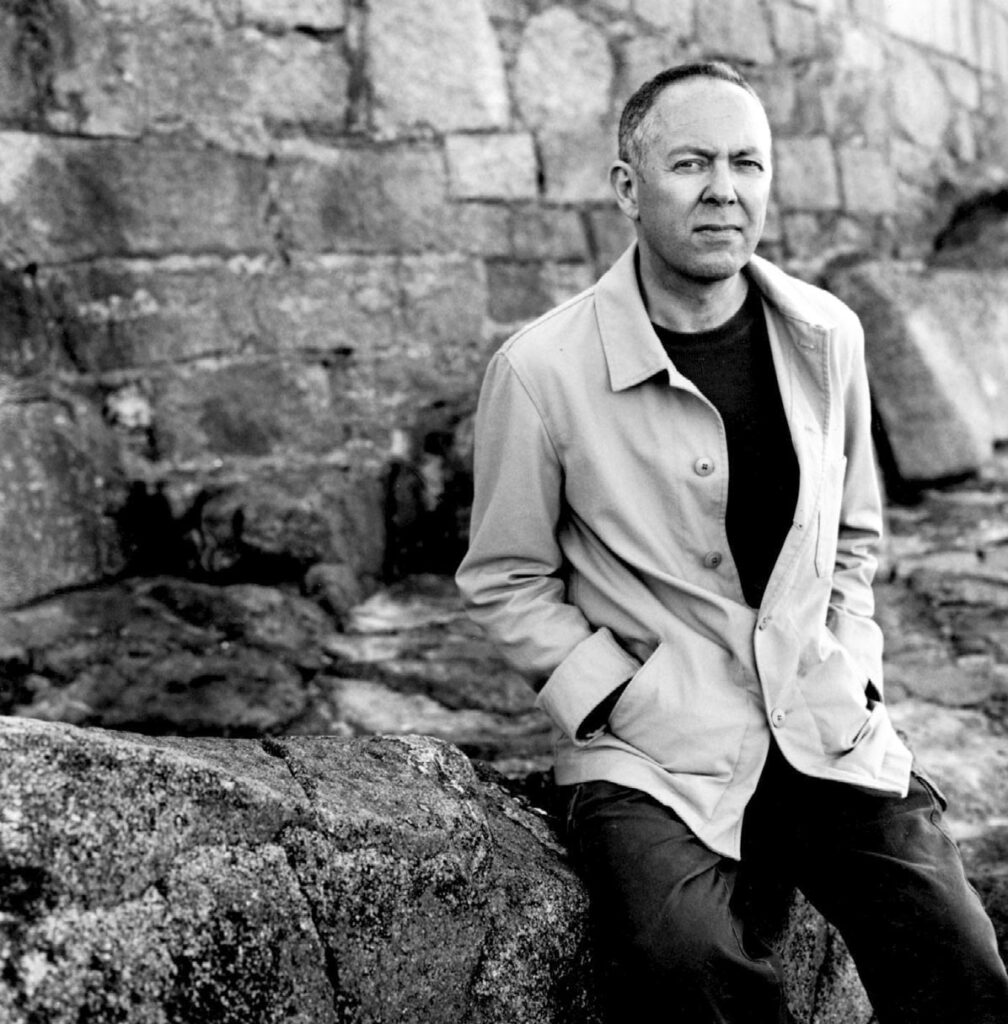
Hugo Hamilton is the author of a bestselling memoir, The Speckled People, the story of his German-Irish childhood in Dublin, where he was prohibited by his revolutionary father from speaking English. He has written nine novels, two memoirs, a collection of short stories and three stage plays. His work has won international awards, including the French Prix Femina étranger, the Italian premio Giuseppe Berto and DAAD scholarship in Berlin. Hamilton is a member of Aosdána and lives in Dublin.

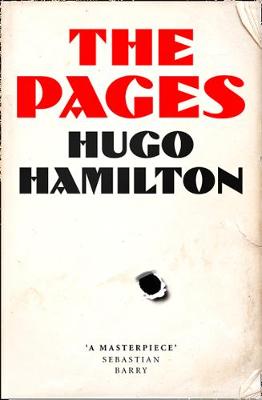


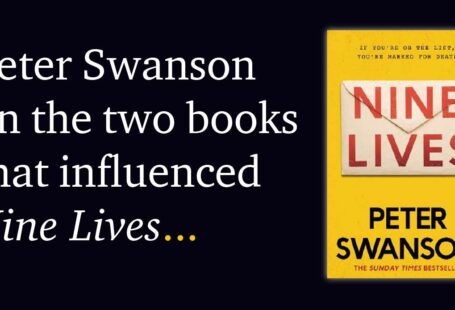
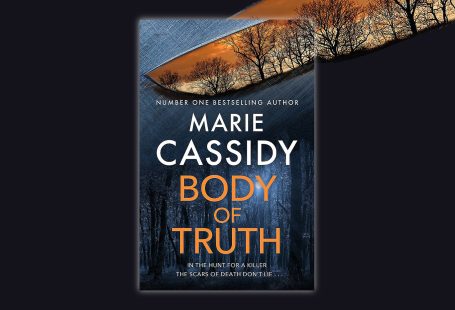
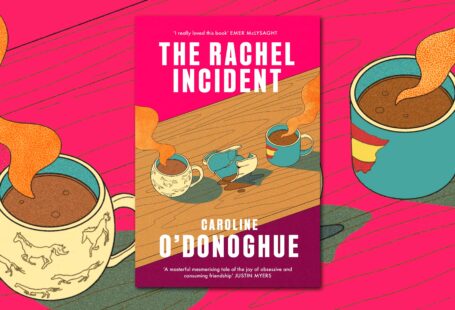
Recent Comments